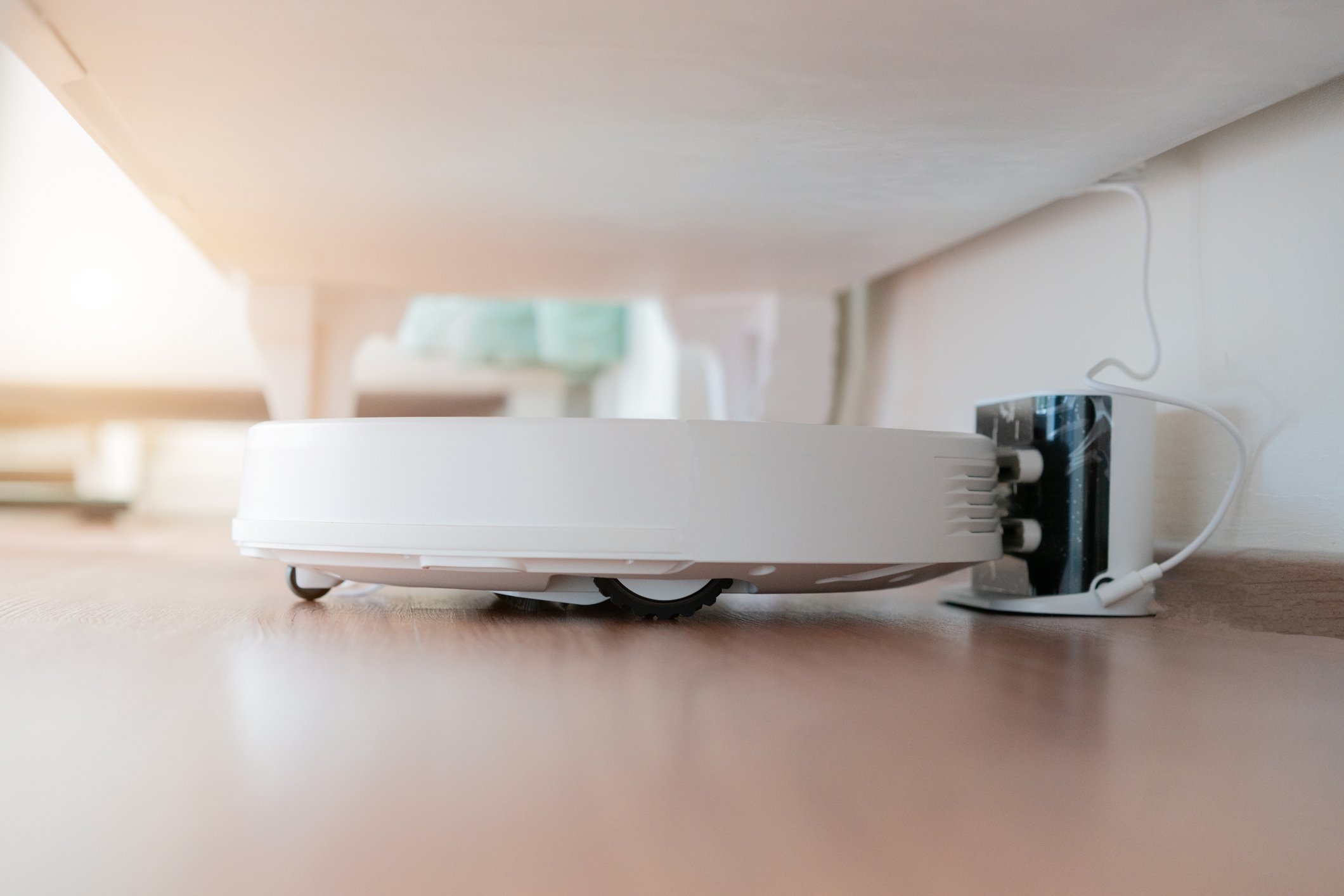One side effect of the COVID-19 pandemic is that it has made it extremely difficult to ascertain the underlying trends in any given business. That's a concern when it comes to gauging the investment thesis of any company that had a lot of question marks around it heading into 2020, and it's definitely the case for iRobot (IRBT +0.00%).
Before the COVID-19 pandemic
At the end of last year, the questions around the consumer robot maker's business could be defined as follows:
- Is iRobot too reliant on its Roomba robotic vacuum cleaners, and/or can it successfully develop sales of its Braava robotic mops -- and in the future, Terra robotic lawnmowers?
- How will it handle margin pressure from lower-priced rivals such as SharkNinja?
- Given that the company sources product from China, what impact will the trade conflict have on its margins?
These were questions that investors were looking for answers to, not least because the negative impact of tariffs and pricing competition had already hit the company in 2019.

iRobot is hoping the market for robotic vacuum cleaners remains strong in 2020. Image source: Getty Images.
iRobot faces up to the pandemic
In the COVID-19 pandemic world, clues that might help answer these questions are buried beneath the broader economic rubble. It's not just that end demand is being hit by consumer uncertainty. iRobot is also facing supply-chain issues caused by production shutdowns. If that wasn't bad enough, the widespread shutdown of retail stores is obviously going to hit the consumer discretionary company's sales.
As you can see in the table below, the significant reduction in revenue makes it hard to see what the company's underlying gross margin trend is. For reference, gross margin trends are probably the best way to tell if a company has pricing power or not.
Looking ahead, CEO Colin Angle said he expected "soft second-quarter revenue modestly below Q1 levels" which "would drive a sizable second-quarter loss from operations. Nevertheless, we remain optimistic that the trajectory of our revenue will show meaningful improvement in the second half of the year."
On a more positive note, iRobot is set to receive a boost to gross profit margin as management announced the company had been granted an exemption from certain tariffs imposed on its imports from China.
|
Metric |
First Quarter 2020 |
First Quarter 2019 |
|---|---|---|
|
Revenue |
$192.5 million |
$237.7 million |
|
Non-GAAP gross profit |
$78.8 million |
$123 million |
|
Non-GAAP gross profit margin |
40.9% |
51.8% |
|
Non-GAAP operating expenses |
$93.1 million |
$89.9 million |
|
Non-GAAP operating income |
($14.4 million) |
$33.1 million |
Data source: iRobot presentations. Non-GAAP refers to non generally accepted accounting principles, or what the company sees as its best measure of ongoing profitability.
What we do know
Given this level of uncertainty around its underlying financial trends, it's probably a good idea to focus on what we know about the business as a whole. There are two key conclusions to be drawn here:
- The company remains reliant on the Roomba range.
- iRobot is seeing a revenue shift toward its higher-priced products.
The first point is highlighted by the fact that 88% of first-quarter revenue came from vacuums (Roombas) and management also announced the suspension of its go-to-market plans for the Terra robot lawnmower in its earnings release. For the foreseeable future at least, Roomba will remain the key to the company's prospects.
The second point was highlighted by management's commentary on the earnings call. CFO Alison Dean disclosed that within the Roomba line, the company continued to generate most of its revenue from models priced at $500 or higher. Meanwhile, Angle said he expected to move into the second half of the year with "the highest demand for our premium product offerings." Furthermore, a new Roomba model is planned to be launched later in the year.
When questioned on the shift toward high-end products, Angle replied that the premium-range products gave the "strongest performance" and that manufacturing efficiencies would enable the company to make "our old high-end robots a bit more affordable over time."
What this means to investors
Putting all of this together, it's clear that iRobot plans to differentiate itself from rivals through the quality of its products rather than on pricing. That's fine, but it's worth remembering that the company was forced to cut Roomba prices in 2019 when it started to lose market share to cheaper competitors.
Moreover, selling high-ticket consumer discretionary items might not be the best business to be in given the pressure on incomes created by the COVID-19 pandemic. All told, iRobot's results and earnings presentations have left investors with more questions than answers, so the stock may be best avoided for now.





